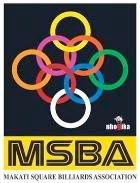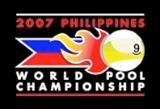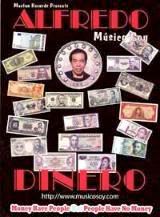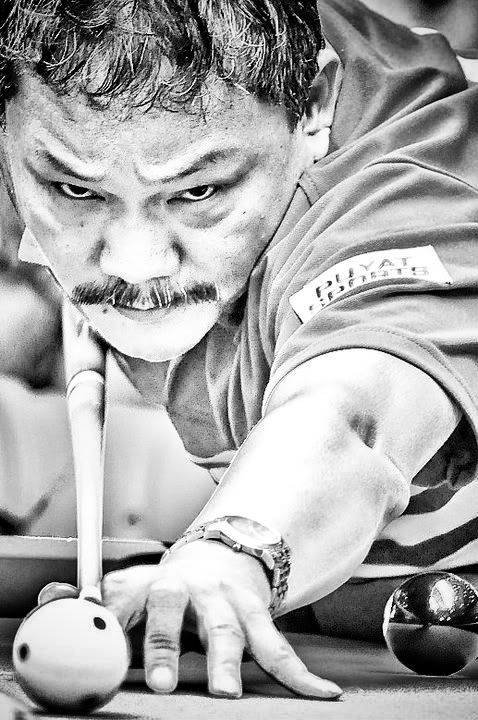 Filipino: Bonding a Nation and Its People
Filipino: Bonding a Nation and Its People
Filipino, the Philippines’ national and official language, stands as a true testament to the nation’s rich and colorful history. If one carefully dissects the language, it embodies a passionate love for freedom and a proud people’s outlook on the serenity of life. The language is serious and elegant, yet sensitive at the same time. It promotes a sense of spirit and independent thinking. Its alphabet, which is made up of 28 letters, serves as the bridge to the numerous dialects shaping the more than 7,100 islands that make up the Pearl of the Orient Seas.
The Filipino language embodies the scores of dialects in the country, from that of the Ilokanos in the far north, to those of the Muslims in the south. Some scholars believe that a country with such a vast number of dialects will have a difficult time finding itself politically, economically, and socially. Indeed, the thought has its own merits. However, it failed to account for one variable - the emergence of a national language. Any sense of ill-feeling, hatred, resentment, and distrust amongst the country’s people because of their different backgrounds and cultures has been removed via the emergence of Filipino as a national language. The Filipino people now freely communicate ideas, exchange opinions, and ponder on thoughts. Filipino has bonded the Philippines’ culturally-diversed people into one cohesive force. Nowhere in the world has a language bonded a nation and its people so strongly, becoming its backbone and serving as the catalyst towards its sense of nationalism. It has advanced a sense of pride among the country’s people, irrespective of what region they came from, economic status, or social position. It has also allowed the Filipino people to see themselves as one whenever threatened by the same peril and wounded in the same feelings, becoming the cornerstone during times of political conflicts, social upheavals, and international intrigues. Thus, hands are clasped, common causes are made, and objectives are shared and realized. Yes, such union is not yet perfected, but we are getting there!
Filipino’s unique position in bridging the country’s dialects has also promoted the inevitable advancement and ethical progress of the Philippines. Admit it or not, the language’s character has been instrumental in the pursuit of reforms that are both effective and efficient. It has improved the state of free press in the country, serving as a powerful tool in advancing truths and facts in every conceivable channel, from radio to television, from newspapers to texts, and now blogs. A free press keeps the government in touch with public opinion and promotes the free dissemination of information, both of which allow our officials to better determine, weigh, and estimate the needs of the people, thus promoting good governance. Laws and acts of officials are kept in checked, thus, promoting the development of employees and officials capable and cognizant of their duties. When you have such, you have justice, which is the foremost virtue of the civilizing races. In the end, the road that appears best for a country becomes easily recognizable. Without a national language, the government would be likened to someone managing a house, giving it a polished and a fine appearance, yet without any thoughts on finances and the welfare of the family members.
Moreover, a nation does not acquire respect, it earns it. The Philippines’ national language has helped the country earn hers, functioning as a badge of identity, serving as a medium to promote and build on dreams of prestige, both locally and internationally. The Filipino language has helped eradicate ignorance amongst its people via a heightened zeal for learning, translating into a profound thirst for knowledge both for the sciences and the arts. The humblest families make enormous sacrifices, to the extent of working as servants, both here and abroad, to send their children to school so that they may become a little enlightened. Thus, it follows that if the Filipino is enlightened, then, they are sufficiently intelligent to pay taxes and choose and retain the one who looks after him, his interests, and the country. To reason otherwise is to be nonsensical.
In addition, the influence of the Philippines’ national language spills over on the life of law and civilization. If the rights of the Filipino people are respected, then, more often than not, the other rights due them are granted, It also advocates the carrying out of liberal government policies without trickery, false interpretation, and expectations that are uncalled for. Such eradicates, if not minimizes, exploitation and disturbance while simultaneously promoting the fulfillment of dreams and ambitions. Sentiments of patriotism and liberty are also heightened as reprisals, wrongs, and suspicions, which are the heart of incessant conflicts, insurrections, and uprisings, are crushed. All of these point towards a country that is sovereign, independent, and peaceful.
Finally, as our national language has more Filipinos learn the hard teachings that conflicts bring, it too has improved and strengthened their ethical nature. The Philippines of the past centuries is not the Philippines of the 21st century. Filipinos from different parts of the country and the world extend mutual support to each other as they have realized an identity, gained independence, and attained a great sense of spirit that has become synonymous with being a Filipino. Take the case of Filipinos who journey overseas in search of a better life for their families. From caregivers to the nurses and doctors, regardless of what province they came from or what region they belong to, overseas Filipino workers have the same patriotic feelings, recall memories of the sorry plight of their beautiful country, share stories of sadness and joys, embrace one another, and call one another brothers. Kababayan. Kapatid.
And I kid you not when I say that Filipino is more than one of the greatest languages in the world; for it is, truth be told, the embodiment of Philippine culture and pride, bonding the nation and its people. In the words of the Philippines' national hero, Dr. Jose Rizal,
- “For language is the final judge and referee
Upon the people in the land where it holds sway;
In truth our human race resembles in this way,
The other living being born in liberty.”
- "Tagalog and the Latin language are the same
And English and Castilian and the angels’ tongue.
And God, whose watchful care o’er all is flung,
Has given us His blessing in the speech we claim."
*Did you enjoy the post? Did you find it interesting?
It's my official entry to the 2007 Wika Project.
And I kid you not!- please click the badge to vote -
 The poll will start on
The poll will start on
August 20 12:00am up to August 25 11:59:59pm.
*Much thanks to PinoyBlogoSphere and Pinoy Bloggers Societyand sponsors for this writing project! PinoyBlogoSphere.com | Pinoy Bloggers Society (PBS)
presents
Wika2007 Blog Writing Contest
Theme: “Maraming Wika, Matatag na Bansa”
Sponsored by:
Ang Tinig ng Bagong Salinlahi
Sumali na sa DigitalFilipino.com Club
Sheero Media Solutions - Web Design and Development
Yehey.com - Pinoy to p're
The Manila Bulletin Online
WikiPilipinas: The free ‘n hip Philippine Encyclopedia






Minor sponsors: Misteryosa.com
Donors:Jehzlau Concepts





































































